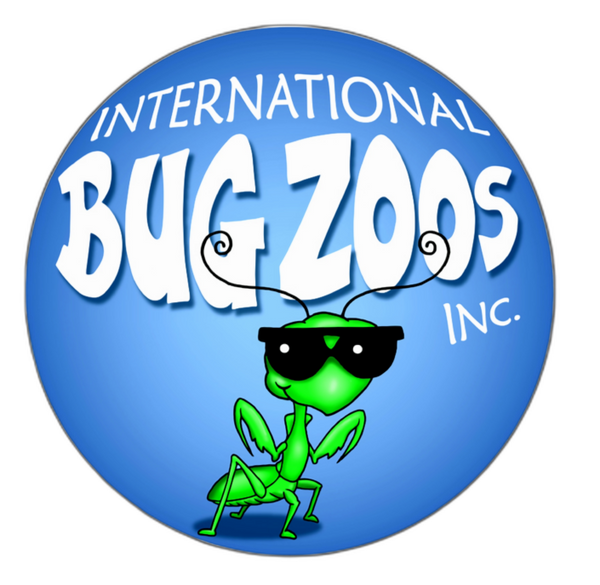Embarking on an Ant-tastic Adventure: A Beginner's Guide to Ant Farming
So, you're thinking about setting up your first ant farm. Congratulations! You are about to embark on one of the most fascinating and educational journeys into the natural world. But why ants, you ask? Well, perhaps it’s their intricate social structures, their superhuman strength (relative to size, of course), or simply the joy of observing these tiny creatures navigate the complexities of their day-to-day lives. Whatever the reason, you're in for a treat. The world of ant farming can be as enthralling as it is enlightening, offering a window into the marvels of nature that often go unnoticed right beneath our feet. But before we dig deeper into the soil of ant-keeping, let’s ponder a thought-provoking question: What draws us so passionately to the hidden lives of these tiny laborers?
Choosing Your Ant-tagonists Wisely
First things first, not all ants are created equal, especially when it comes to setting up your first ant farm. Some ant species are better suited to life in captivity than others. For instance, species like the Harvester ant are popular choices for beginners due to their larger size, making them easier to observe. Lasius niger, or the common Black Garden ant, is another favorite for neophytes, thanks to its hardy nature and fascinating foraging and nesting behaviors. The key here is research—knowing the habits, dietary preferences, and environmental needs of your prospective ant colony is crucial for a flourishing farm.
Constructing Your Ant-opolis
Now that you've selected your intrepid explorers, the next step is creating their new home. Ant farm kits are readily available online and provide all the essentials to get started. However, for the DIY enthusiasts among us, constructing your own ant farm can be a rewarding project. Whether you opt for a traditional sand or soil setup, or something more modern like a gel farm, ensure your ant habitat includes spaces for your ants to dig, forage, and dispose of waste. A well-designed ant farm not only provides a stimulating environment for the ants but also enhances your ability to observe and learn from them. Ventilation is key—your tiny inhabitants need fresh air just like we do, but be wary of making the openings too large; you wouldn’t want your ants to go on an unscheduled walkabout.
Feeding Your Ant-trepreneurs
Ants are not picky eaters, but providing a balanced diet will keep your colony healthy and active. A combination of sugars, proteins, and fats mimic their natural diet. Think tiny bits of fruits, seeds, cooked meats, and even specially prepared ant food available in pet stores. Remember, hygiene is paramount; remove any uneaten food regularly to prevent mold and bacteria growth.
Observation: The Key to Ant Enlightenment
With your ant farm set up and thriving, you'll soon discover the real joy of ant farming—observation. Watching your ants work together to build tunnels, forage for food, and communicate is nothing short of mesmerizing. It's here, in the quiet moments of observation, that we learn not just about ants, but about the ecosystems we share with them and the delicate balance of nature. So, why are you so drawn to observing these tiny creatures? Is it their tireless work ethic, their complex social structures, or perhaps it's a reflection of our own societal norms?
As you delve deeper into your ant farming journey, you'll undoubtedly amass a wealth of knowledge and insights. How will you share this newfound wisdom? Will you inspire others to start their own ant farms, or perhaps use your observations as a metaphor for human social behavior in your next dinner conversation?
In Conclusion: A World Beneath Our Feet
Setting up your first ant farm is not just a hobby; it's an invitation to explore and appreciate the complexities of the natural world. It's a journey that requires patience, curiosity, and a bit of creativity. But most importantly, it's a testament to the wonders that lie in the minutiae of life, should we only take the moment to observe them.
As the famous naturalist and father of modern taxonomy Carl Linnaeus once said, Insects are the wisest beings on earth in their own way, for till they die, they still collect honey. Your ant farm is your own little honeycomb of wisdom and wonder. How will you nurture it?
To enjoy your very own ant farm, click on the Amazon Affiliate link below!
Please subscribe and let us know what you would like next from the Bug Zoo.
Click HERE to buy an Ant Farm. Thanks for loving Bugs Too! 🐜💛
